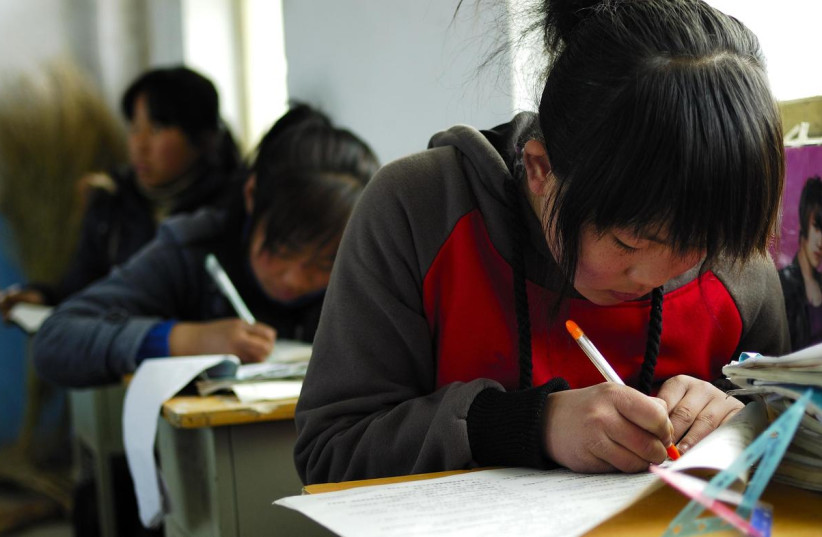With all the languages spoken around the world, which are the ones that are the most widely spoken?
This is a difficult question to answer since sometimes countries can have several primary languages, including some as second languages.
But new research has shed light on this, courtesy of the company Statista. Here is what they found.
English and Mandarin Chinese: Languages with over a billion speakers
English ranks as the most widely spoken language worldwide, with approximately 1.5 billion native and non-native speakers. Despite not being the mother tongue of most people around the world, English is highly sought after for its global relevance. It serves as an official language in 40 countries, including India, Ireland, New Zealand, and Jamaica.
Chinese, specifically Mandarin Chinese, holds a prominent position among the most popular languages, with nearly 1.2 billion speakers. As the official state language of China, Mandarin garners significant interest among those aspiring to learn Chinese. China's influence in the global economy contributes to the widespread adoption of Mandarin as a valuable language for business and cultural exchanges.

The diversity of other top languages
In addition to English and Mandarin, several other languages hold considerable influence and global significance:
- Hindi: With over 600 million native speakers, Hindi ranks as the third most spoken language. It plays a vital role in India's thriving economy, making it a significant language in today's global landscape.
- Spanish: Following Hindi, Spanish claims the fourth spot with approximately 550 million speakers. Officially spoken in over 20 countries, including Spain and various Latin American nations, Spanish boasts a rich linguistic and cultural heritage.
- French: With more than 300 million speakers worldwide, French takes the fifth position and is the second most spoken language in Europe. It extends its reach beyond Europe, making its presence known in Africa, the Caribbean, and the Pacific islands.
- Arabic: As the official language in multiple countries, Arabic boasts nearly 275 million speakers. Its widespread use and special status in countries like Algeria, Egypt, and Saudi Arabia contribute to its significant presence.
- Bengali: Spoken by over 270 million people, Bengali represents the Indo-European language family. It finds its roots in West Bengal (India) and East Bengal (Bangladesh).
- Portuguese: With a strong presence of over 260 million speakers, Portuguese serves as the official language in 10 countries across South America, Africa, and Europe. Its influence extends beyond Portugal and Brazil, reaching African nations such as Angola and Mozambique.

Hebrew's unique position
Hebrew stands out as a language spoken by a relatively small number of people globally, primarily as an official language in Israel and as a second language for a quarter of a million individuals in the United States. Hebrew's significance as a classical language is acknowledged by various universities worldwide, where it is taught in dedicated departments.
English and Chinese continue to dominate as the most spoken languages globally, with their widespread usage and influence. The popularity of other languages, such as Hindi, Spanish, French, Arabic, Bengali, Portuguese, and Hebrew, further enriches our multicultural and interconnected world. Recognizing the importance of language diversity fosters global understanding, cooperation, and appreciation for different cultures.
